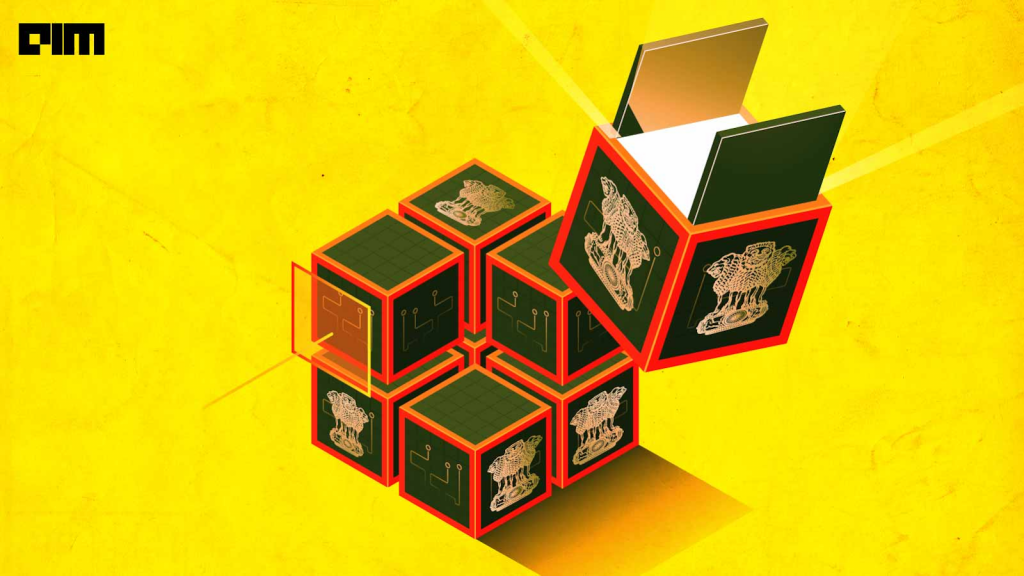If you wondering about what is exactly called blockchain governance, how they work, and their potential in the future, this topic is for you.
What is blockchain governance
Governance is a term that refers to the decision-making processes in an organization – who is responsible for what, how or for which important decisions are made or carried out, authority is vested in a few or allocated to all participants, etc.

All of those questions have different implications for an organization’s operating system, whether at a macro level (e.g., deciding on a new feature or goal) or at a micro level (for example, a decision on a new feature or goal) e.g. how much to spend on marketing or who is responsible for a certain task).
A successful governance model is often what makes an organization famous. Logically, there is no one right size here – every model is situational, and its viability largely depends on specific cases. While a participatory democracy may work for some, powers vested in a central authority may be better for others.
Type of blockchain governance
Block chain governance can be divided into on chain governance and off chain governance.
On chain governance
On-chain governance is essentially a kind of decentralized governance model because it has the characteristics of distributed decision-making – nodes together vote and make decisions instead of just one central authority responsible. Participation in voting processes is incentivized by on-chain rewards for developers/nodes and leaves end-users with no voice when it comes to project management. Of course, the specifics of voting eligibility vary from project to project, but the main feature remains a code-based voting system for the stakeholders involved.

Off chain governance
Compared to its online counterpart, off-chain governance is much more similar to a traditional governance structure and easier to grasp.
Off-chain governance systems often involve processes outside of the blockchain or ‘code’ domain – only after a decision has been made can its implications be translated into on-chain action, such as a soft fork or investment allocation. Thus, this governance model uses pre-existing regulatory and compliance mechanisms to shape the future of the blockchain network. For example, a management board is faced with a decision to introduce a new feature of the project and then make a vote (in physical space) with a certain outcome. Said output, now recorded manually, is imported into the underlying blockchain infrastructure for execution – not much is done through the technology here, simply the execution phase.

Blockchain governance – a potential field
Balancing the interests of all stakeholders involved in blockchain networks is a rather difficult endeavor. As illustrated, there are different ways to design a blockchain governance model, and its viability largely depends on many factors, intrinsic to every individual project. While some aim to demonstrate the importance of informed, expert opinions (e.g. EOS), others focus on the community element and strive to be more inclusive when it comes to recommendations. refers to the participation of stakeholders in governance.
Modern contemporary governance models will certainly develop in the future. Several projects are trying to propose optimal alternatives such as cross-chain governance to meet the needs of the growing cryptocurrency market and its community.
However, one thing can be said with absolute certainty – blockchain has redefined the classical concept of governance and has shaken the very foundation on which our first ‘old’ world was formed.
The future will certainly test the resilience of today’s centralized institutions and assume a direction toward greater individual empowerment and increased participation of all stakeholders rather than a select few. choose to take responsibility for the decision.
Governance blockchain is not a new field, and many experts and investments agree that this type of blockchain has a big potential in the near future.
If you want to get more information about blockchain – in summary or blockchain governance – specifically, don’t hesitate to contact smartOSC right here. Our experts are always willing to help you.
Contact us if you have any queries about Blockchain development services, dApps development, NFT marketplace development, Crypto wallet development, Smart contracts development.

